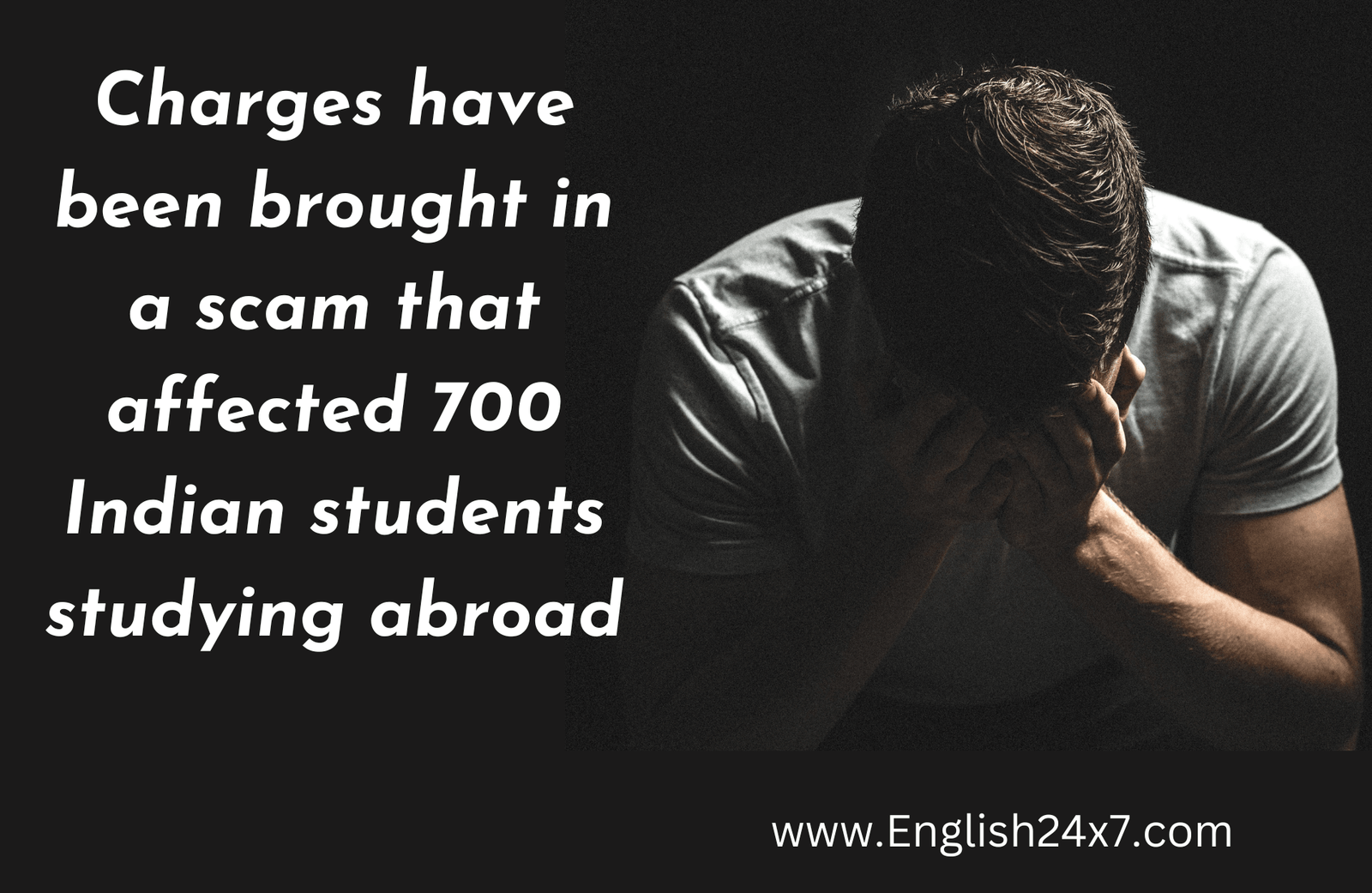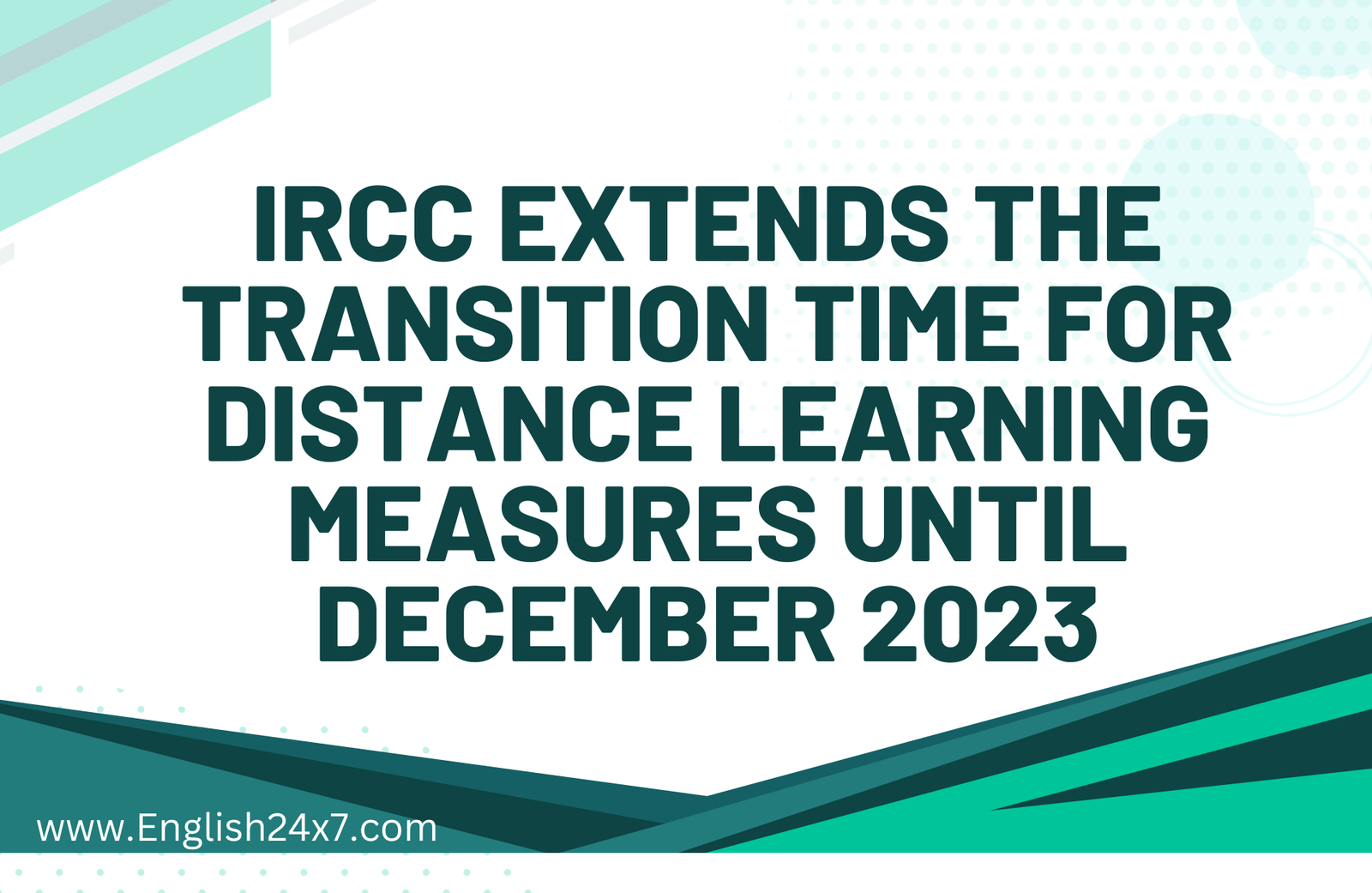
Charges have been brought in a scam that affected 700 Indian students studying abroad
Brijesh Mishra has been charged by the Canadian Border Services Agency (CBSA) for his part in scamming 700 foreign students from India out of their money.
According to the news report from June 23, Mishra was charged with:
- IRPA Section 91(1) Unauthorized Representations or Advice for Consideration – one count
- IRPA Section 126: Misrepresentation in Counselling – one count
- IRPA Section 127(a): Misrepresentation (direct or indirect) – one count
- IRPA Section 127(b) Misrepresentation (Spreading False Information) – one count
- Section 124(1)(a) of the IRPA says that not following the law – one count.
The charges came about because it was found that 700 students from India were given fake papers of admission from Canadian schools. CBSA workers found out about the scam when the students, many of whom came to Canada in 2018-2019 and had already finished their studies and gotten work experience in Canada, tried to get permanent residency in the country.
Education Migration Services, which was in the Indian city of Jalandhar, was where all of the students filed for study visas. The head of the company, Mishra, charged the students thousands of dollars to help them get into college and get visas. Since then, the company's office has closed, and Mishra had not been seen for a long time.
After he was caught, it was found that Mishra had been living in Surrey, British Columbia, illegally since his visa had been taken away for "ghost consulting" in 2019. The Toronto Star says that two of the company's co-directors have also been arrested and are being held in India without bail.
Just days before Mishra was charged, Immigration Minister Sean Fraser said that a special task force would look into each affected student and decide on a case-by-case basis if they had been scammed.
Fraser said that this will give each student a chance to show that they knew about the fake letters or not. Students who knew they were breaking the rules could be kicked out of school.
Those who don't know about the fraud won't be sent home. Instead, they will be given a temporary resident pass so they can stay in Canada.
In the future, Immigration, Refugees, and Citizenship Canada (IRCC) will work with Designated Learning Institutions (DLIs), provinces and territories, and groups that represent Canada's colleges and universities abroad to help find fraud.
How to avoid scams as a foreign student
People who want to take advantage of international students at a time when they are weak often scam them.
In this situation, the kids were taken advantage of by a "ghost consultant." These are people who pretend to be licensed immigration representatives and offer services to foreign students, like helping them get into a school or helping them fill out a visa application.
Once students pay the consultant a fee, which is usually very high, the consultant stops talking to them and takes the money.
Phishing, fake job offers, and housing scams are also popular types of fraud. They may not always be easy to spot, but students can protect themselves by being very careful about who they give personal information to and by never answering strange phone calls, emails, or texts that ask for money or financial information.
It can also help to remember that if something, like a job offer or a place to live, seems too good to be true, it probably is. Spend as much time as you can checking out any immigration consultant, job, or landlord you might be interested in.







